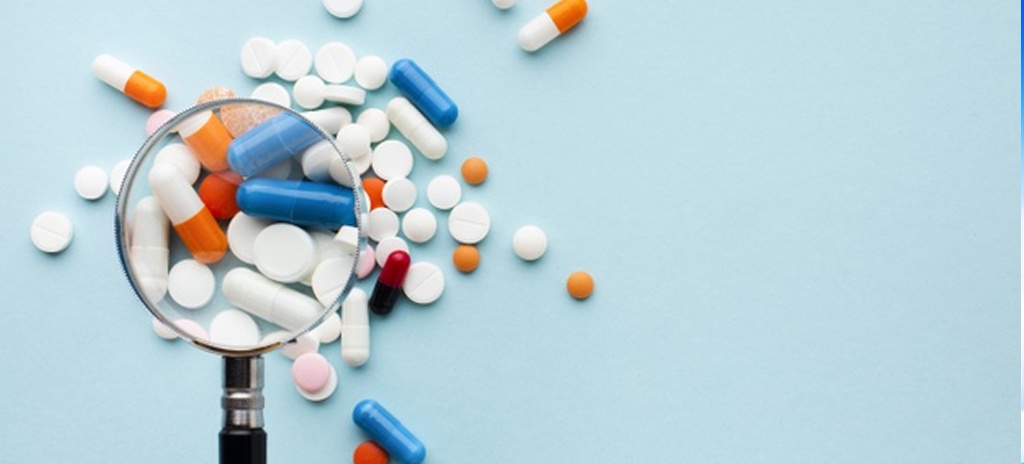Pharmacovigilance, a crucial aspect of healthcare, is all about keeping medicines safe for everyone. It's like having guardians who watch over medicines to make sure they're not causing any harm.
- Introduction to Pharmacovigilance
Pharmacovigilance is like a safety net for medicines. It's about watching closely to see if any unexpected problems pop up after people start taking a new medicine.
- Ensuring Drug Safety
We need pharmacovigilance to make sure that the medicines we take are safe. It helps catch any problems early on so that action can be taken to keep people safe.
- Detecting Adverse Reactions
Sometimes, people might have unexpected reactions to medicines. Pharmacovigilance helps to spot these reactions early and take steps to keep people safe.
- Evolution of Pharmacovigilance
- Historical Background
Pharmacovigilance has been around for a while, but it became more important after some medicine disasters in the past. People realized they needed to keep a closer eye on medicines to prevent similar accidents.
- Modern Practices
Nowadays, we have better systems in place to watch over medicines. We use advanced methods to spot any potential issues and take action quickly.
- Key Components of Pharmacovigilance
- Reporting Systems
Pharmacovigilance relies on people reporting any problems they notice with medicines. These reports help us keep track of what's happening and take action if needed.
- Signal Detection
We use special methods to spot any signals that suggest a medicine might be causing problems. It's like having a radar to detect any issues early on.
- Risk Management
If we find a problem with a medicine, we work together to manage the risk. This might involve changing how the medicine is used or even removing it from the market if necessary.
- Pharmacovigilance in Public Health
- Role in Regulatory Decisions
Pharmacovigilance data helps regulators make decisions about medicines. They use this information to decide if a medicine is safe to use or if changes need to be made.
- Impact on Patient Safety
By keeping a close watch on medicines, pharmacovigilance helps keep patients safe. It's like having extra protection to make sure medicines do more good than harm.
- Challenges in Pharmacovigilance
- Underreporting of Adverse Events
Sometimes, people don't report problems with medicines, which makes it harder to keep track of what's happening. We need more people to speak up if they notice something wrong.
- Data Quality Issues
It's important to have accurate information about medicines to make the right decisions. Sometimes, the data we have isn't perfect, which can make things tricky.
- Global Coordination
With medicines being used all over the world, it's important for everyone to work together to keep them safe. We need better coordination to make sure everyone is on the same page.
- Future Trends in Pharmacovigilance
- Advances in Technology
New technologies are helping us keep a closer eye on medicines than ever before. We're using things like artificial intelligence to spot problems faster.
- Enhanced Collaboration
By working together more closely, we can do a better job of keeping medicines safe. Sharing information and ideas helps us stay ahead of any potential issues.
- Regulatory Developments
Regulators are always looking for ways to improve how medicines are monitored. They're updating rules and regulations to make sure we're doing everything we can to keep people safe.
- Career in Pharmacovigilance
Interested in a career in pharmacovigilance? You might need a background in pharmacy or medicine. There are also specialized courses available to help you learn more about this important field. As technology advances and more medicines are developed, the future of pharmacovigilance looks bright.
- Courses in Pharmacovigilance
For those interested in pursuing a career in pharmacovigilance, there are specialized courses in Pharmacovigilance available that delve into the intricacies of drug safety monitoring. These courses cover various aspects such as pharmacology, epidemiology, risk management, and regulatory affairs. Additionally, they often include practical training on reporting systems and signal detection methods. A background in pharmacy, medicine, or life sciences is beneficial for these courses, and they offer a valuable pathway into the dynamic and essential field of pharmacovigilance.


No comments yet